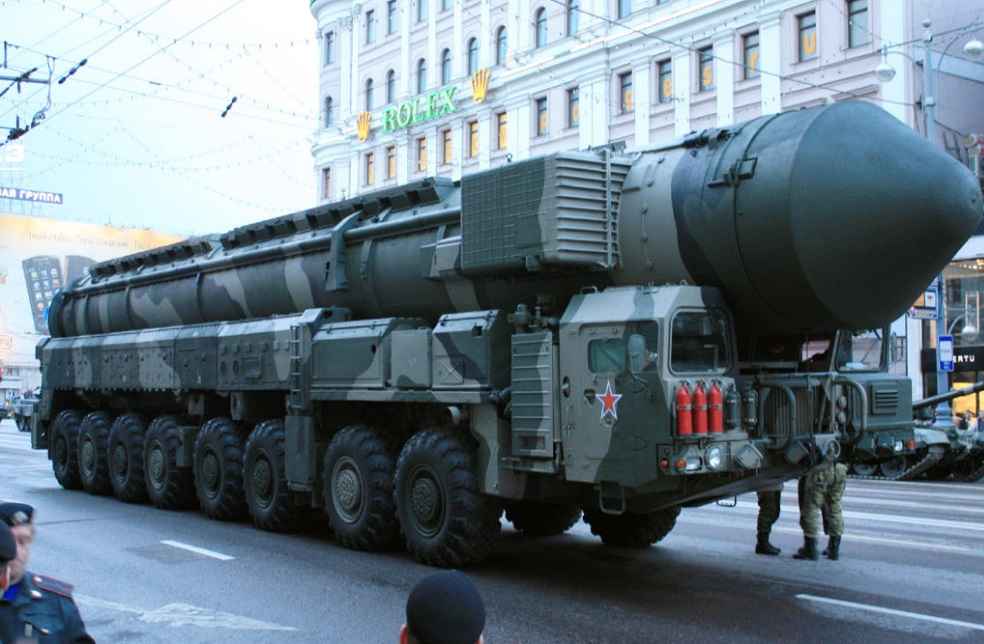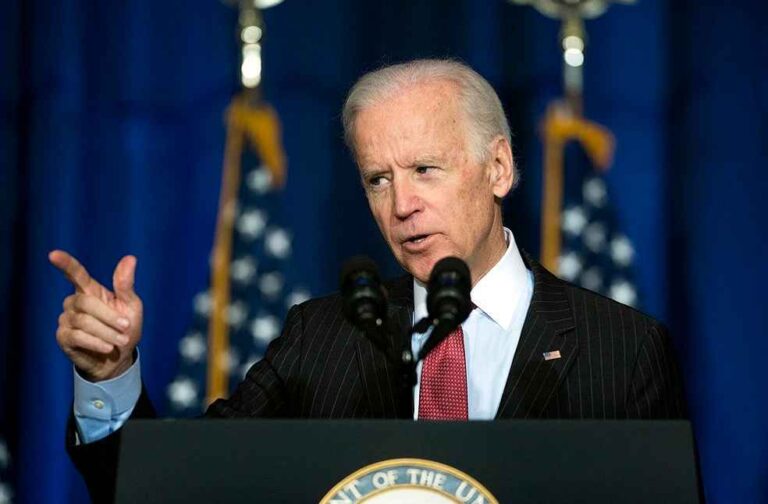The Biden administration stands poised to relax weapon sale prohibitions to Saudi Arabia, a decision propelled by the kingdom’s peace dialogues with Yemen’s Houthi militia. President Joe Biden had previously enforced these arms ban due to fears of American arms being deployed against Yemeni civilians. This conflict has tragically claimed lives through airstrikes, combat, disease, and famine, as Saudi Arabia leads a coalition against the Iran-supported Houthis.
This anticipated adjustment in policy, unblocking sales of key offensive weaponry to the Saudis, aligns with their efforts to secure a peace agreement with the Houthis, supported by the US. Officials from the White House National Security Council have yet to issue a statement on this matter.
Details surrounding the timeline and conditions for lifting the ban remain under wraps. It’s important to note that this decision could be reversed if the Biden administration deems it against US interests. Notably, Saudi Arabia represents a significant buyer in the American arms market.

Below Saudi Arabia, Yemen’s Houthi forces recently have intensified attacks, disrupting global shipping by targeting vessels in the Red Sea. These strikes, framed as a response to Israel’s Gaza policies, have compelled leading shipping corporations to bypass Yemeni waters, adjacent to a crucial maritime corridor. This upheaval has plunged international trade into chaos, jeopardizing supply networks, driving up prices, and causing significant delays in crucial shipments.
Saudi Arabia, under Crown Prince Mohammed bin Salman, exhibits a reluctance to reengage in combat with the Houthis. With eight years of conflict in Yemen, the kingdom’s focus seems to be shifting towards de-escalating regional disputes and economic development.

Negotiations between Saudi Arabia and the Houthis aim to solidify a truce, potentially ending the long-standing Yemen conflict. Nevertheless, Biden’s proposed shift in arms sale policy to Saudi Arabia could encounter legislative hurdles. This comes especially after the Senate Foreign Relations Committee’s decision in October 2022 to block arms sales following Saudi Arabia’s agreement with Russia and other oil-producing nations to cut oil production. This move by Saudi Arabia was seen as unfavorable by many in the US, adding a layer of complexity to the already intricate geopolitical landscape.
LATEST NEWS | Red Sea Crisis Skyrockets Freight Costs, Disrupts Global Trade



